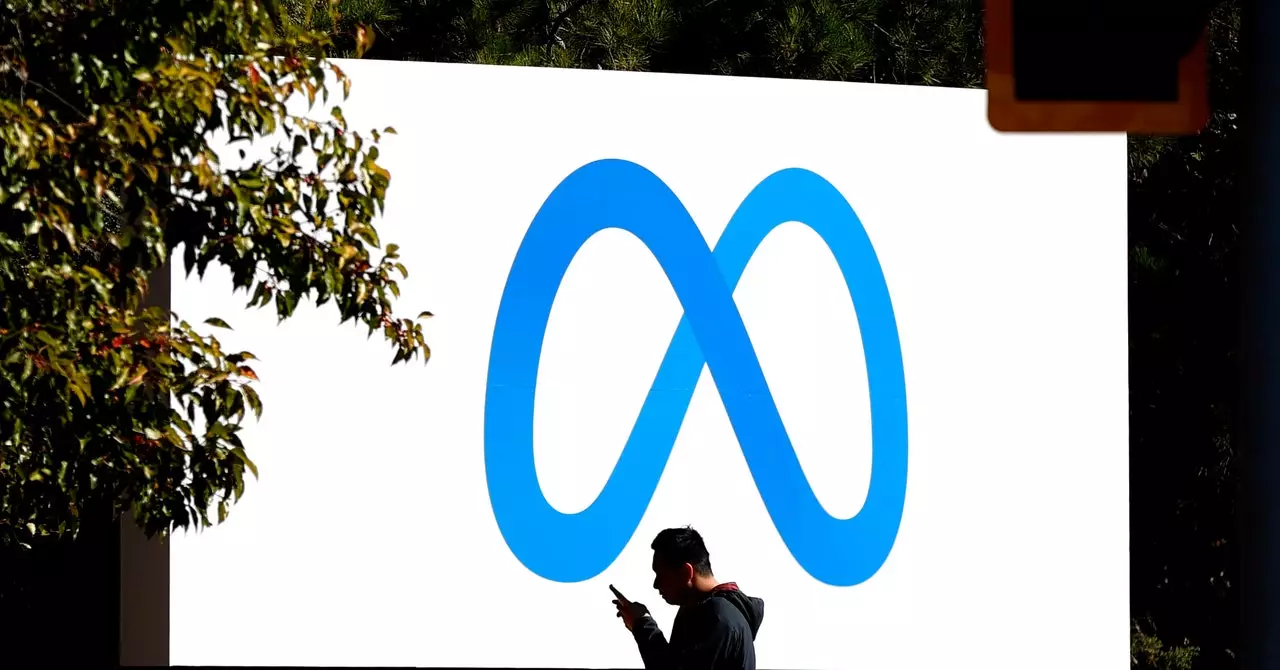The landscape of journalism is rapidly evolving, and social media platforms, particularly Facebook, are at the center of the shift. Critics have increasingly pointed to social media’s role in undermining traditional journalism, with recent policy decisions amplifying concerns regarding misinformation and biased content. In this analysis, we will explore the implications of Facebook’s current trajectory under Mark Zuckerberg’s leadership, the potential effect on journalistic integrity, and the involvement of community-driven moderation.
In recent years, journalism has encountered numerous challenges exacerbated by the rise of social media, with platforms like Facebook allegedly contributing to its decline. The intertwining of social media and journalism has led to a scenario where traditional newsrooms rely heavily on online engagement rather than the depth of reporting. The financial support that social media companies provide, like the grants from Facebook for fact-checking organizations, indicates a dependence that raises questions about editorial independence. While these funds might enable further reporting, they also create a conflict of interest—wherein the platform’s obligations may compromise journalistic integrity.
Former officials, including Nina Jankowicz, a disinformation expert, understand these challenges all too well. Her assertion that Facebook is accelerating the degradation of journalism underscores a growing consensus in academic and media circles. The inherent risk arises when social media platforms dictate the flow of information and the quality of journalism itself.
Mark Zuckerberg recently announced an initiative shifting Meta’s in-house trust and safety operations from California to Texas. This move was framed as a bid to eliminate perceived biases within the organization. The relocation reflects an effort to align with political sentiments conducive to free speech, particularly given Texas’s political climate, which is often more favorable to conservative ideologies.
However, the implications of this shift are troubling. When a company like Meta prioritizes a political narrative over substantive content moderation, it threatens the very fabric of fair discourse. Critics highlight that Zuckerberg’s engagement with polarized figures, such as the visit to former President Trump, exemplifies a surrender to external political pressures under the guise of promoting free expression.
The rationale for such a move—to establish trust in environments viewed as politically neutral—does not adequately address the complexities of content moderation. Eliminating perceived bias does not necessarily equate to responsible governance of misinformation or hateful content.
In tandem with shifting policies, platforms like Meta are rolling out community moderation features similar to those employed by competitors like X (formerly Twitter). These initiatives rely on user-generated content to assess the validity and context of posts, attempting to create a more democratic form of cross-examination. While well-intentioned, this system raises significant concerns about its effectiveness in combating disinformation.
Voluntary community notes intended to fact-check and provide balance to posts can lead to unintended consequences. The feasibility of a diverse range of perspectives coming together to foster accurate information can rapidly devolve into echo chambers that reinforce biases rather than dismantle them. The long-standing critique of community moderation surfaced in platforms like X, where such initiatives have often failed to stem the tide of misinformation, raises skepticism regarding the efficacy of Meta’s strategies.
The current direction of Meta and the broader implications for journalism are fraught with challenges. As social media giants continue to navigate the delicate balance between free expression and responsible content moderation, the stakes grow higher. The intertwining of financial incentives, political maneuvering, and community-driven initiatives is shaping a future that could either empower or hinder journalistic integrity.
Critics have rightly pointed out the potential dangers of an unregulated digital space fostering misinformation and bias. As society increasingly turns to social media for news, it is imperative that platforms adopt transparent, responsible practices that prioritize disseminating truth over pandering to populism. The landscape of journalism and public discourse hangs in the balance, and the decisions made today will echo for years to come.

